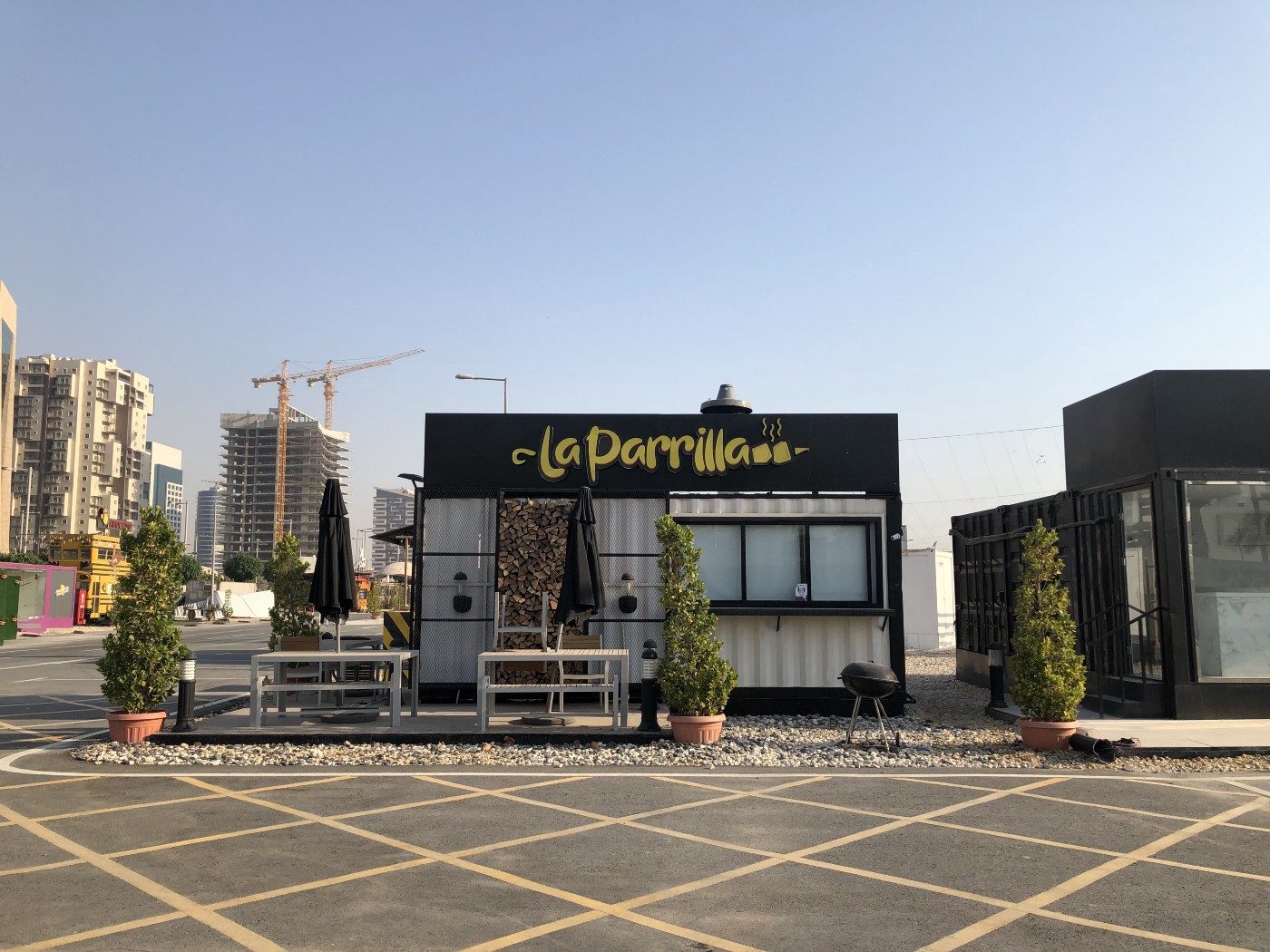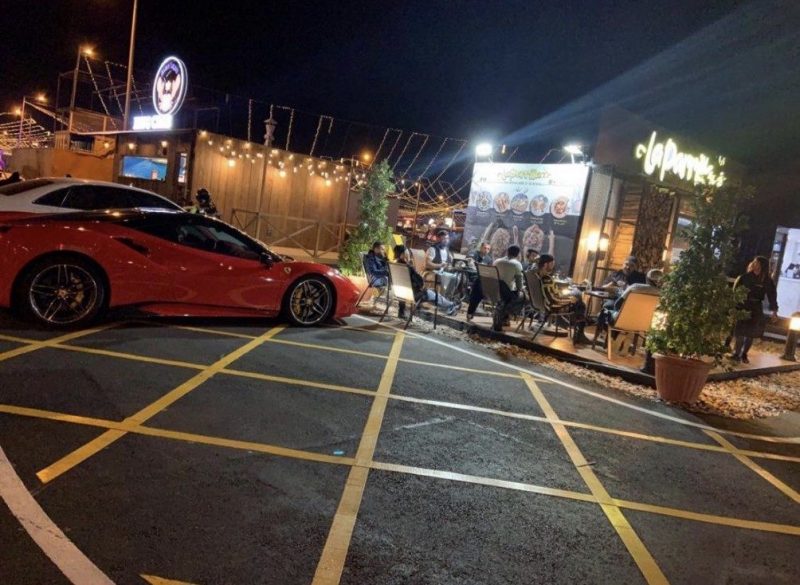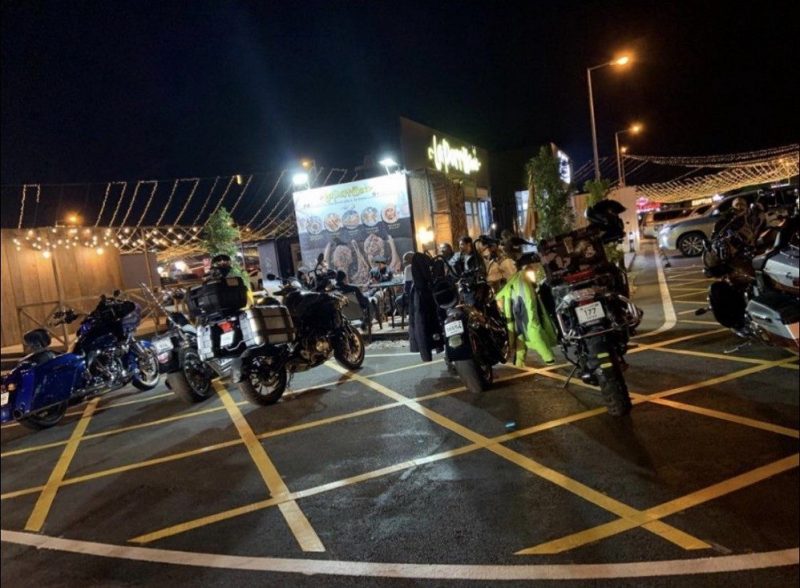By Ameera AlSaid
“Right when the business was at its peak, we had to shutdown.”
For Abdelaziz Alkharraz and his brother-in-law Firas Saleh 2020 was going to be their year, the pair had big plans, they had finally started realising their dream. In January they opened a food truck — la Parrilla — “a Spanish grill with a Qatari twist”. Being at a prime location, the ever bustling Lusail Food Arena, the business took off almost immediately, receiving immense support from their family and friends. Like other small businesses, they faced minor struggles when starting, what they call teething problems, however, Abdelaziz said they were able to overcome all of those challenges.
“In the beginning first few weeks we were not really known, but slowly through word of mouth from family and friends our brand grew”
In the initial period after they opened, the two friends were still testing staff, trying to promote their small business online through social media platforms and spread the news of their opening.
After a month of working hard, they started seeing an increase in their revenue and slowly first-time customers were turning into regular patrons. By the time their business entered its third month, laParrilla had become pretty well-known in the food arena.
With things looking good, the pair of entrepreneurs started looking at expanding by adding new items to the menu and hiring more staff to help cater for the large number of customers. But it wasn’t to be, COVID-19 had other plans, the virus had now started to hit Qatar and as a result of the pandemic, restrictions were being put in place to counter its spread. At first, laParrilla had to close its seating area and only accept pickup orders, that wasn’t so bad because it meant people who were unable to dine out at regular restaurants would come to the food arena. But then shortly after a second set of restrictions were announced and all food arenas and street food complexes in Qatar were ordered to close on March 21st 2020.
What made things extra difficult for food business owners like Abdelaziz and Firas is that unlike regular cafés and restaurants, food truck businesses have not been given permission to operate take away or even delivery services during lockdown.
Abdulaziz said they are still waiting, hoping to reopen to customers or at least be allowed to start delivering. They were told there is a possibility to reopen after Eid, but so far no official statement has been made by authorities. To help small businesses like laParrella, all outlets in the food arena have been exempt from paying rent. But there are other expenses, not least staff salaries. Abdelaziz told Doha News that him and his partner paid their employees full salaries at the start of the crisis but this became impossible. They now pay them half what they’re owed with the promise that the other 50% will be given to them once the business is back on its feet.
“We are not looking to make profit now we just want to at least cover our employees’ salaries and rent, they like us and we like them too so we are not planning on letting any of them go”
Abdelaziz and Firas are just two of hundreds if not thousands of business owners who’ve been hit hard by this pandemic. For now the two of them have had to put their food truck dream on pause, in the hope that as soon as the lockdown is lifted they can get back to grilling and serving delicious meals once again.









